
Chinese medical experts talk to workers at a clinic in Juba, South Sudan, in August last year. (PHOTO/XINHUA)
More understanding
Gert Grobler, a former senior diplomat at the South African Department of International Relations and Cooperation, said China has shown more acceptance and understanding than other international partners in its interactions with Africa, whether within the framework of FOCAC, the BRI, or on bilateral relations.
"This is the feedback I received from my government in South Africa, as well as from other governments on the continent, based on their discussions with China in the recent past," he said, "The sense among African leaders is that China, as a trusted friend and reliable partner, is prepared to go that extra mile to accommodate Africa's development concerns and wishes."
Grobler said China has a much better insight into and understanding of the nature, scale and complexity of Africa's development challenges than most other international partners, because China was a victim of colonialism and has experience of poverty alleviation as a developing country.
"I am sure that Africa is comforted and assured going into the FOCAC meeting in Senegal that China will continue to take Africa's views and representations seriously on the basis of mutual trust, good faith and a win-win situation," he said.
Shen Xiaolei, an associate research fellow at the Chinese Academy of Social Sciences' Institute of West Asian and African Studies, said the unique advantage of China-Africa cooperation is that China always believes that such collaboration should meet the continent's demands.
Before every FOCAC meeting, China invites African countries to propose suggestions regarding specific cooperation and to carry out joint consultations, inspections and discussions before a final document is formulated for the conference, Shen said.
"Since 2015, China in its cooperation with Africa has prioritized implementation of the African Union Agenda 2063 and alignment with individual African countries' development strategies," Shen said. Agenda 2063 is a blueprint and master plan for transforming Africa into the global powerhouse of the future.
In December 2015, during the FOCAC summit in Johannesburg, South Africa, President Xi said China would roll out a package of 10 major cooperation projects to boost cooperation with Africa in areas such as industrialization, agricultural modernization and infrastructure.
At the opening ceremony for the FOCAC Beijing Summit in September 2018, Xi announced eight major initiatives with African countries for the next three years and beyond, covering fields such as industrial promotion, infrastructure connectivity, trade facilitation and green development.
To ensure these initiatives were implemented at ground level, China would extend $60 billion in financing to Africa in the form of government assistance, as well as investment and funding from financial institutions and companies, Xi said.
Liu Yuxi, head of the Chinese Mission to the African Union, told a seminar last month that more than 85 percent of the eight initiatives had been implemented, 70 percent of the $60 billion in support funds had been disbursed or earmarked, and a large number of cooperation projects had been launched or completed.








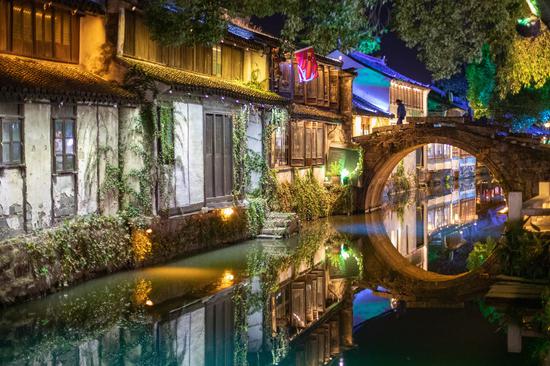
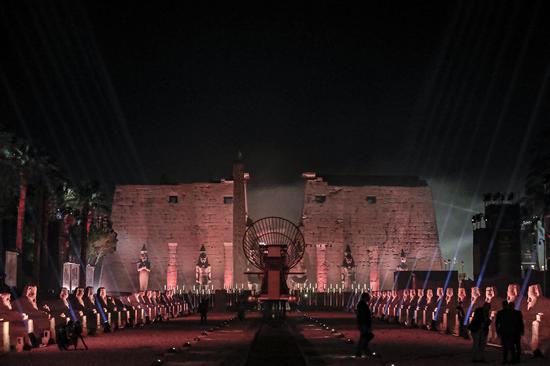

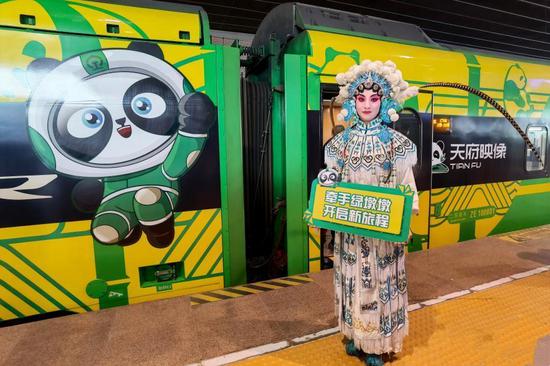

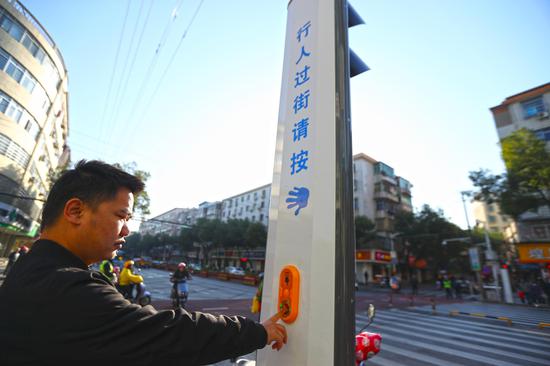
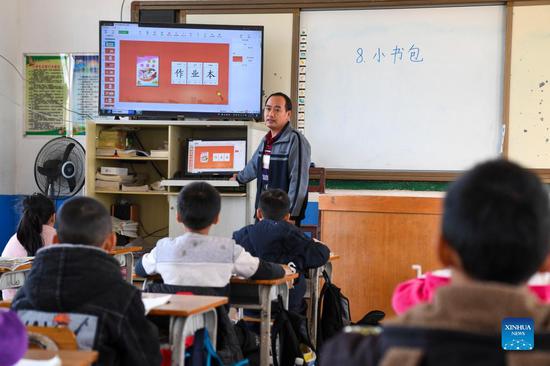
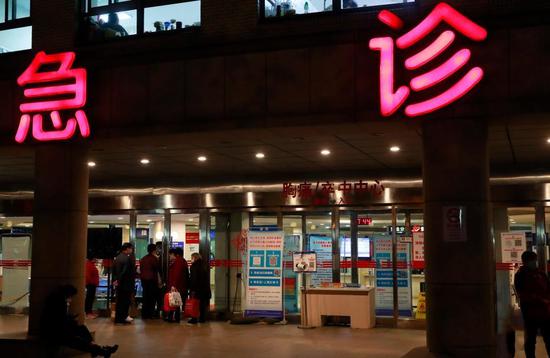
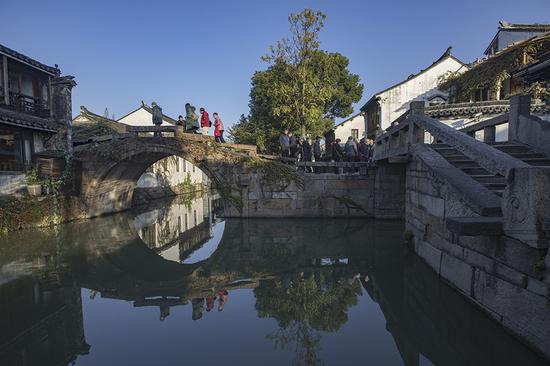
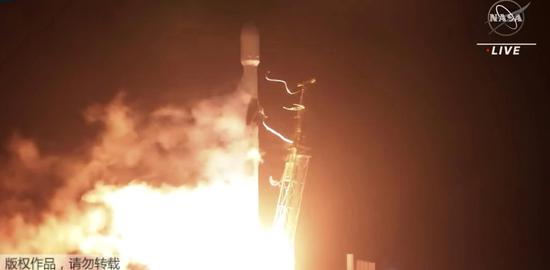
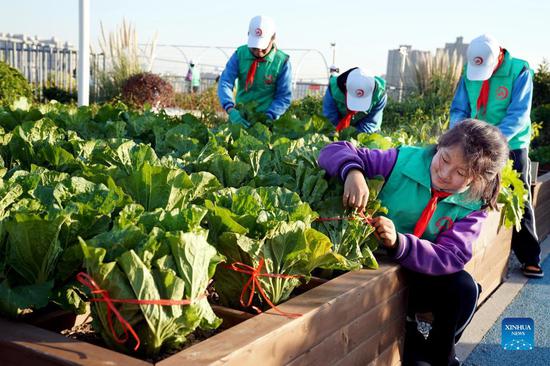
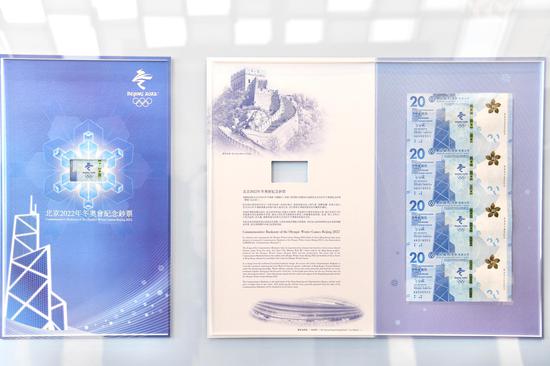

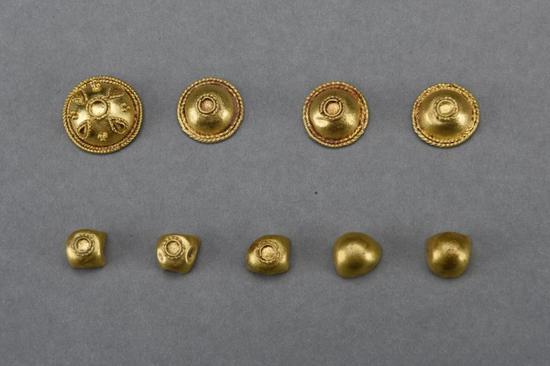
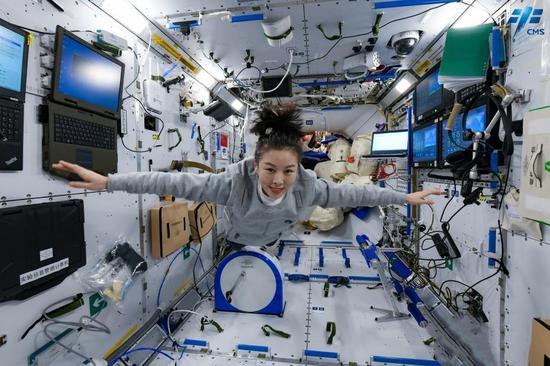
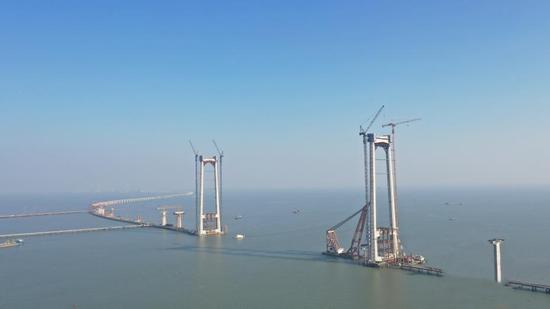
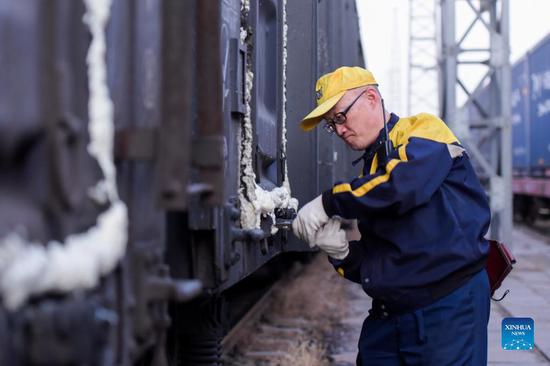
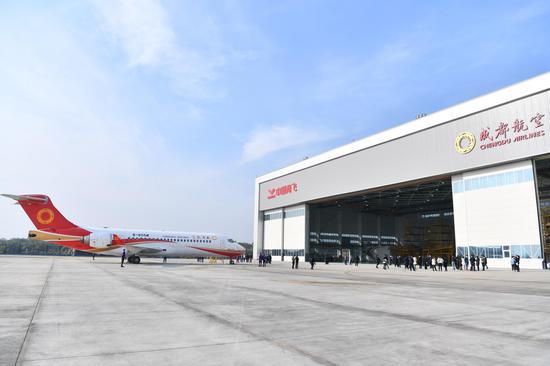
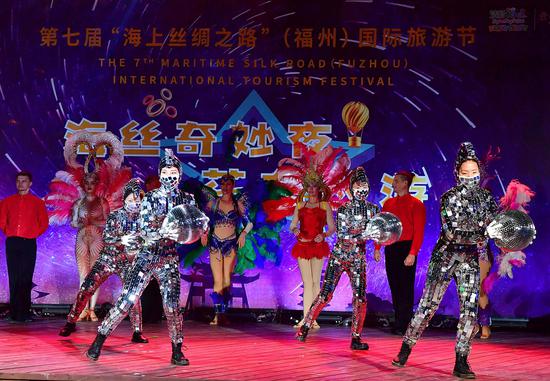
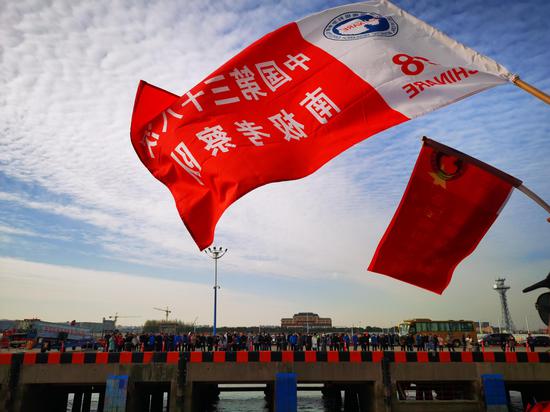

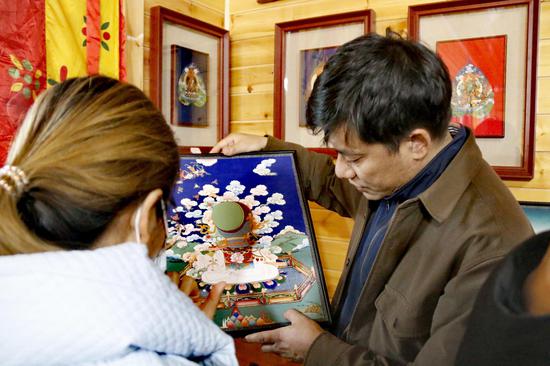

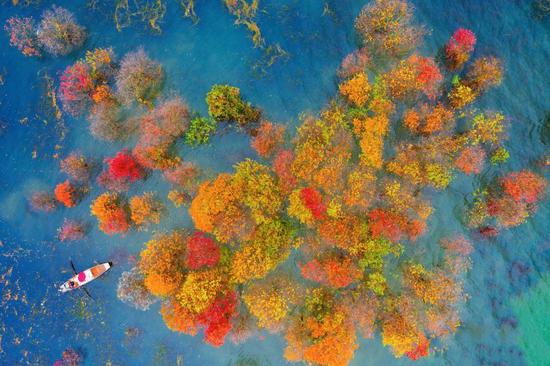
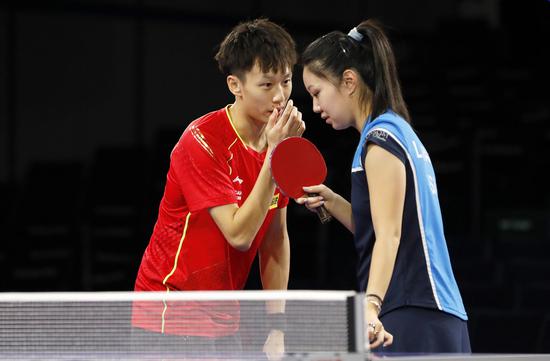
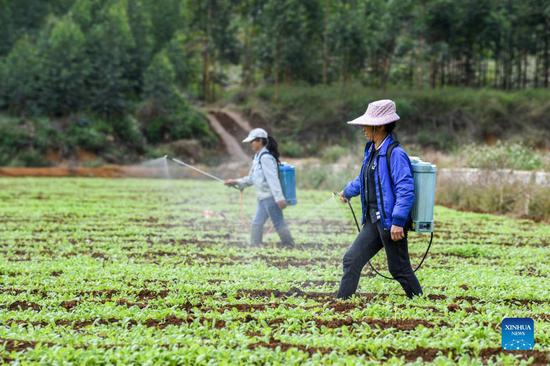


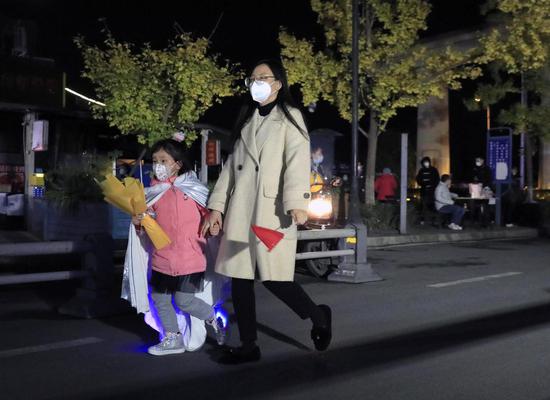
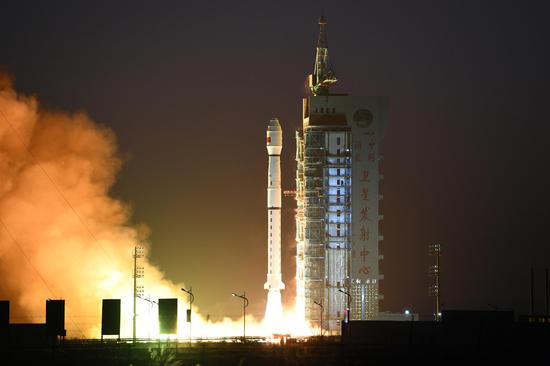
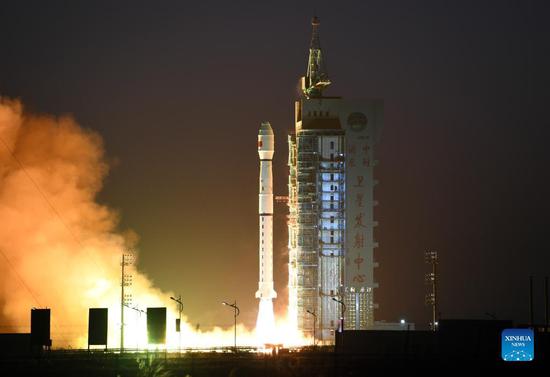

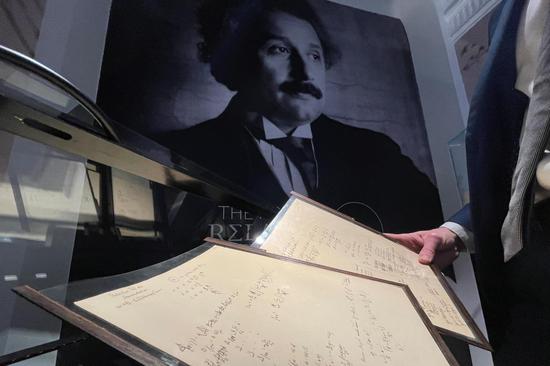
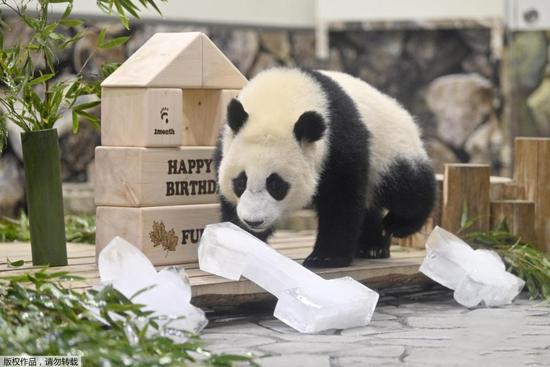
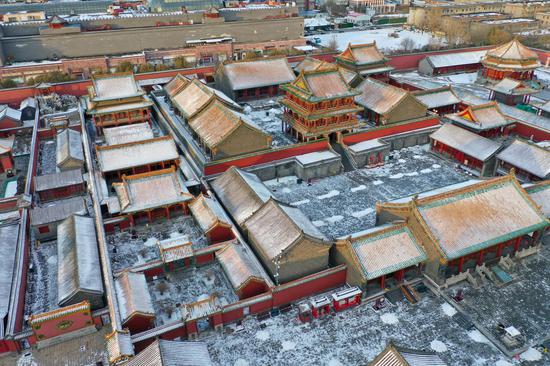







 京公网安备 11010202009201号
京公网安备 11010202009201号